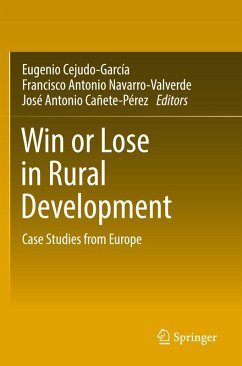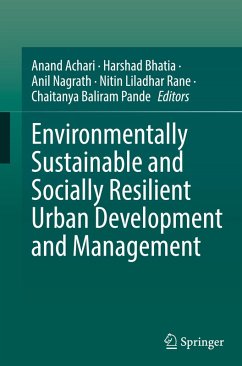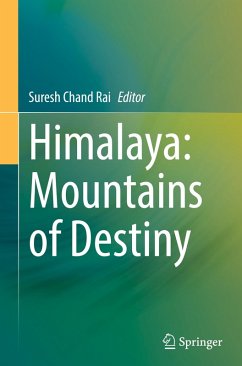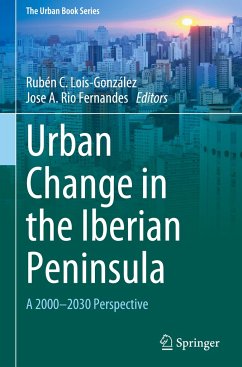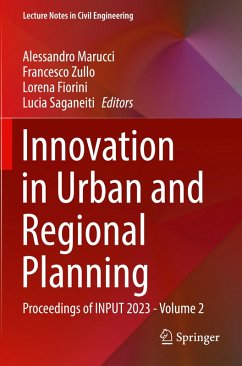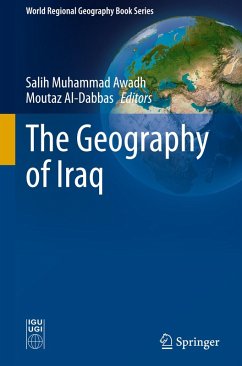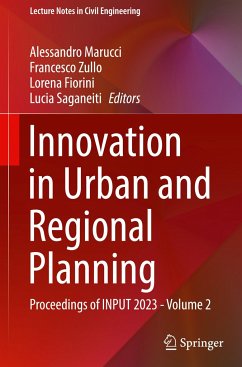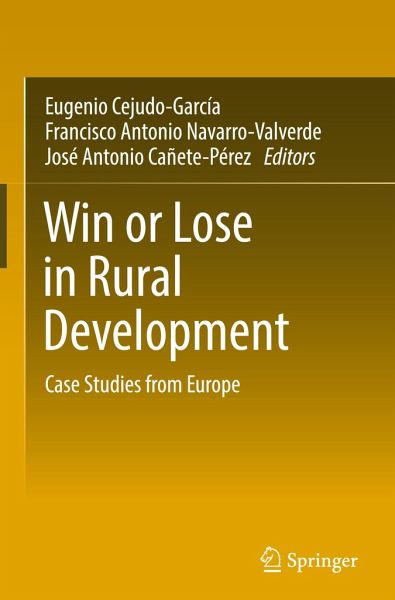
Win or Lose in Rural Development
Case Studies from Europe
Herausgegeben: Cejudo-García, Eugenio; Navarro-Valverde, Francisco Antonio; Cañete-Pérez, José Antonio

PAYBACK Punkte
58 °P sammeln!
The aims of this book are: systematization and theorization of these projects; clarify and deepen the social and territorial effects of these initiatives; in-depth study of the causes that lead to the generation of successful projects in rural development; and abound in the reasons that lead specific projects to be failed in the access to LEADER support and be finally not implemented. This process of systematization and theorization would contribute to improving the decision-making in rural development, concretely the practice of these policies and initiatives.The book shows the problems, resu...
The aims of this book are: systematization and theorization of these projects; clarify and deepen the social and territorial effects of these initiatives; in-depth study of the causes that lead to the generation of successful projects in rural development; and abound in the reasons that lead specific projects to be failed in the access to LEADER support and be finally not implemented. This process of systematization and theorization would contribute to improving the decision-making in rural development, concretely the practice of these policies and initiatives.
The book shows the problems, results and best practices that cause the rural development in different areas along with Europe. The multidisciplinary and international character of the authors in the analysis of rural development will enrich the publication and facilitate the different and critical reflections on the contributions, errors and meaning of these rural development practices.
The book shows the problems, results and best practices that cause the rural development in different areas along with Europe. The multidisciplinary and international character of the authors in the analysis of rural development will enrich the publication and facilitate the different and critical reflections on the contributions, errors and meaning of these rural development practices.



